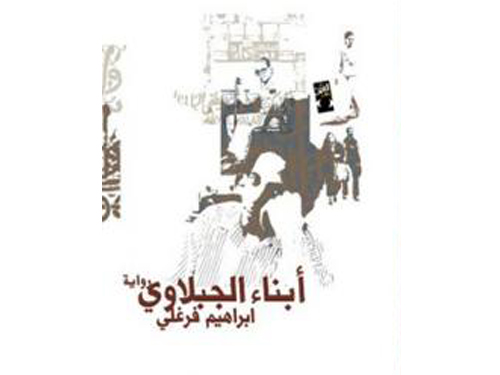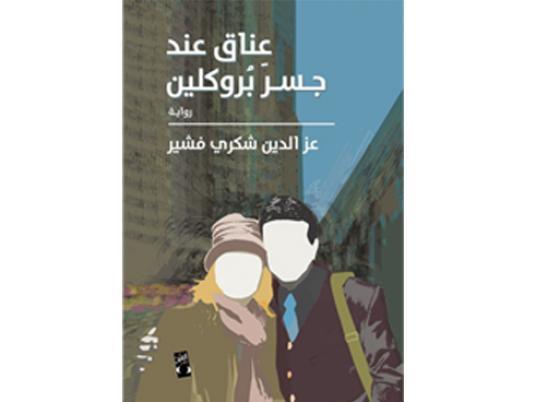“Araq Motaqati” (Irregular Insomnia) comes off as a literary experiment, an atypical collection of short stories. Recently published by Dar al-Ain, the book is deliberately ambiguous as to which of its two young and promising authors, Ahmed Rezqallah and Ramy Abadir, wrote which story.
This is the authors’ second collaborative literary work after their 2009 screenplay “Noqta … Men Awel al-Satr” (Full Stop … New Paragraph), which won them the Abdel Hay Adib Award at the Alexandria International Film Festival. Despite their similar writing styles, readers slowly discover that each of the writers has his own vision of the world.
Some of the stories are real, inspired by the everyday; stories that could happen to anyone or may be relayed by a friend. Such is the case in “Al-Kheyana al-Youm” (Infidelity Today) that tells the story of a woman who wakes up with an inexplicable drive to cheat on her husband.
In the realist stories, the language is pleasant and familiar, delicate and real. Their poetic style reaches the readers’ hearts before the words even register in their heads. This is most evident in “Al-Amaleya Amal” (Operation Hope), a love story between a man and streetwalker named Amal:
I know that you will never be mine, mine alone. I also know that if we met by coincidence one day, you would leave all your clients and run to my arms with love and affection. You are my love on the verge, the feeling that makes me wake up everyday wondering if I am going to see your face and enjoy the warmth of your hug; or if my journey is going to last one more day.
Stories such as “Al-Kheyana al-Youm” and “Enta Ya Homar” (You Ass), however, could have been more descriptive, as readers learn very little about the protagonists’ physical characteristics: their looks, the sound of their voices, and how they dress, colorful details needed for stories of that type.
Other stories are more complex, emotionally intense occurrences in the protagonist’s conflicted head, like “Maza Ba’ad?” (What Next?), and “Fe al-Bidei’” (From the Start).
“Waqei Agmal” (A More Beautiful Reality), for instance, flows both normally and abnormally. In the story, the young Omar and Leila have been happily “married” for five years. They lead a normal life and are accepted by family, friends and acquaintances. Omar cares for Leila, always dress shopping for her and making the shopkeepers jealous.
She stood in front of him after he dressed her; her shoulder and arm were showing; she looked like a beauty queen to him. He undid her hair and hugged her for a few minutes. He placed her on the bed, held her hand and they both looked at the ceiling and smiled.
Only toward the end of the story do we discover that Leila is a wooden mannequin Omar had bought from the very clothes shop he frequents. It is a story about hope, acceptance and beauty.
“Araq Motaqati” is a colorful and unique book. Unlike many rising authors, the writers mostly use formal Arabic, except in conversations, giving them a distinctive style that is more serious and believable. A fun and pleasant read, "Araq Motaqati" is highly recommended.



